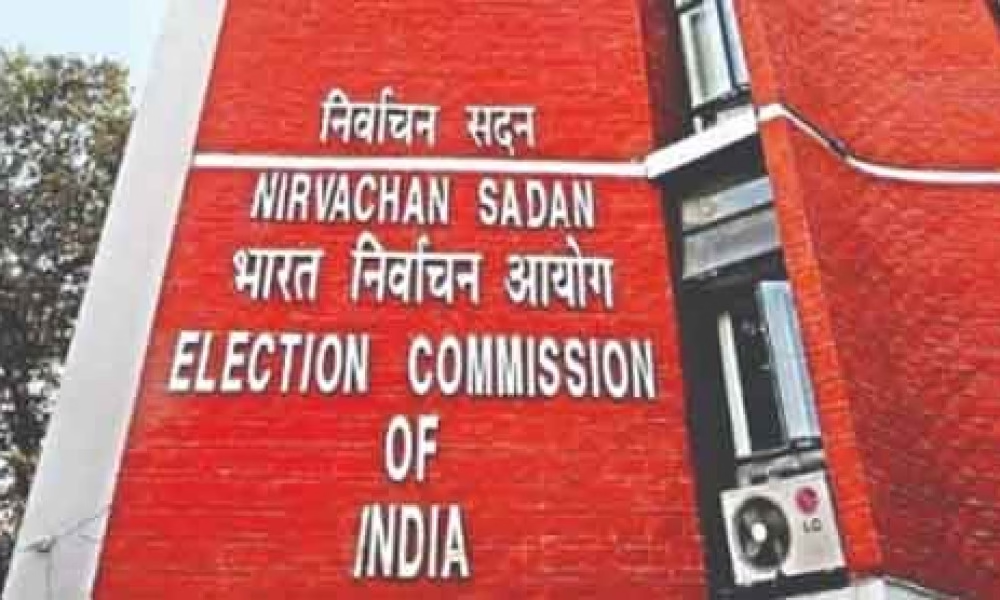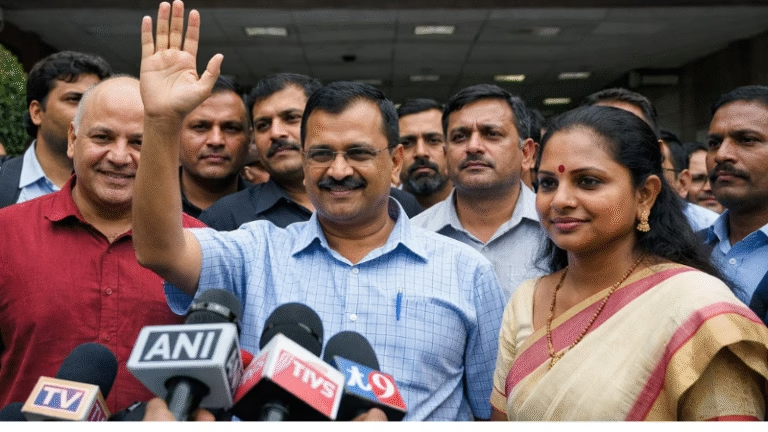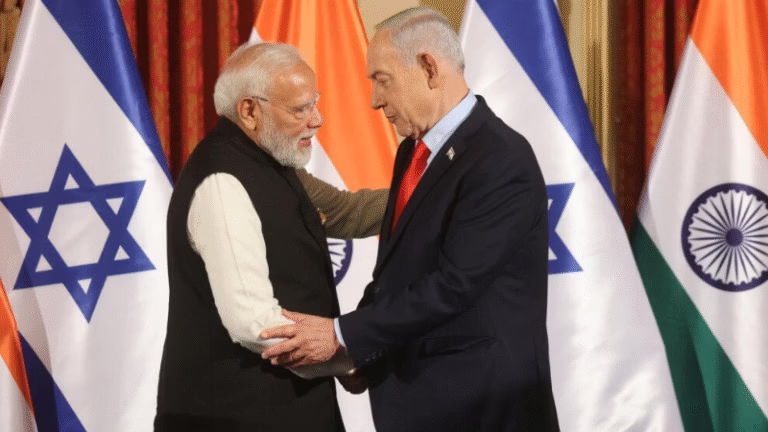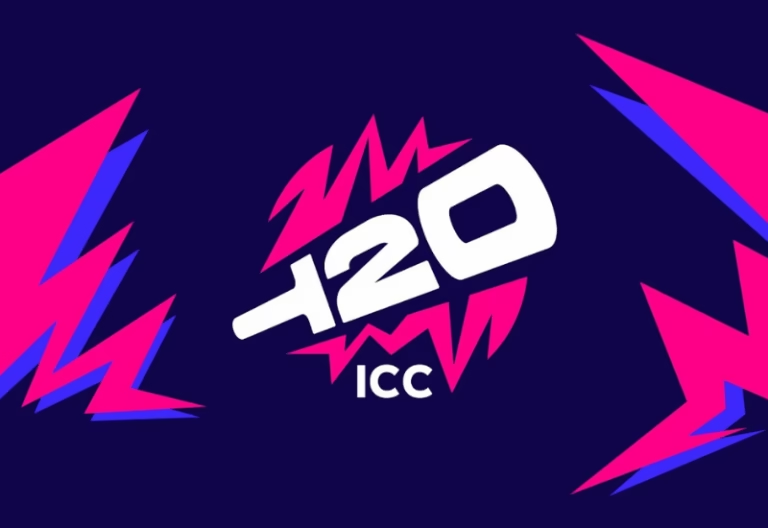
The Election Commission has officially kicked off the process for the upcoming vice presidential election in India. The poll panel announced on Wednesday that it has begun constituting the electoral college, which includes Members of Parliament from both the Lok Sabha and Rajya Sabha. This marks the first major step toward holding the election to fill the vacancy left by Jagdeep Dhankhar’s resignation.
Dhankhar unexpectedly stepped down as vice president on Monday, citing health reasons. His term was originally set to end on August 10, 2027. His resignation has set the stage for a fresh election, with the Election Commission now moving swiftly to ensure a smooth transition.
The Commission is currently finalising the appointment of returning officers for the vice presidential election. These officials will oversee the electoral process, ensuring fairness and adherence to legal protocols. A statement from the EC read, “On completion of the preparatory activities, the announcement of the election schedule to the office of the Vice President of India will follow as soon as possible.”
The vice presidential election is conducted by an electoral college consisting of all members of both Houses of Parliament. Unlike the presidential election, which includes state legislators, this poll involves only MPs. The process is a significant event in India’s democratic framework, and the Election Commission is taking no chances in ensuring everything runs smoothly.
With Jagdeep Dhankhar’s sudden exit, political circles are already buzzing with speculation about potential candidates. The upcoming weeks will see intense discussions as parties weigh their options. The EC’s prompt action suggests that the electoral schedule will be announced shortly, setting the stage for a closely watched contest.
The vice presidential election is a critical process in India’s governance structure, given the role’s importance in parliamentary proceedings. The vice president serves as the ex-officio chairperson of the Rajya Sabha and steps in as acting president when necessary. The urgency in conducting this election underscores its significance.
Observers are keenly watching the timeline, given the procedural steps involved. Once the electoral college is finalised and returning officers are appointed, the focus will shift to the official notification and nomination process. Given the Election Commission’s track record, delays are unlikely.
India’s political landscape is no stranger to surprises, and this election is no exception. With Dhankhar’s departure, the stakes are high, and the Election Commission’s proactive approach ensures that the constitutional process remains on track. The coming weeks will reveal more details as parties strategise and candidates emerge.
The vice presidential election is a unique process, distinct from general elections in its structure and participants. The EC’s role is pivotal in maintaining transparency and efficiency, and its current efforts reflect a commitment to upholding democratic norms. The nation awaits further announcements as the preparations progress.










